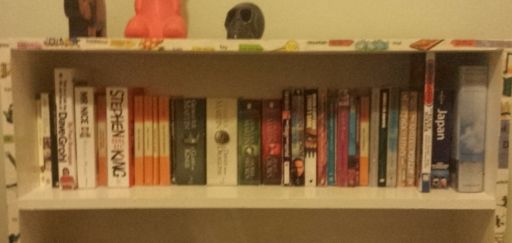Not much to say about today really, aside from the fact that this subject looks a whole lot more interesting and inspiring than last years Networked Media. This is not to say that I didn’t learn anything valuable in the networked media unit. Rather, I’m looking forward to expanding upon the techniques, ideas and concepts from last year, while breaking new ground in previously unexplored territory. I am excited about the interactive video task. I never considered interactive video as a possibility, a) because I had no idea how to go about doing such a thing and b) because I have always been more focused on more traditional forms of media, i.e. linear video. I already have a few ideas as to what sort of interactive video I would like to create. The most interesting so far is to have a multitude of videos capturing individual instruments or rhythmic visuals to combine, at the users liberty, into a ‘original’ piece of music. This interactive video based around Bob Dylan’s “Like A Rolling Stone”, while quite different from my idea, demonstrates the way in which music can create continuity despite the variety of video footage presented (never mind the fact the actors are mouthing the lyrics). Considering I haven’t used the Korsakow software I don’t know if this is possible, however, I look forward to experimenting and discovering for myself what is really possible within the constraints of the program.
Here are some video’s that roughly illustrate my idea…
https://vimeo.com/88044477
https://vimeo.com/88044474

